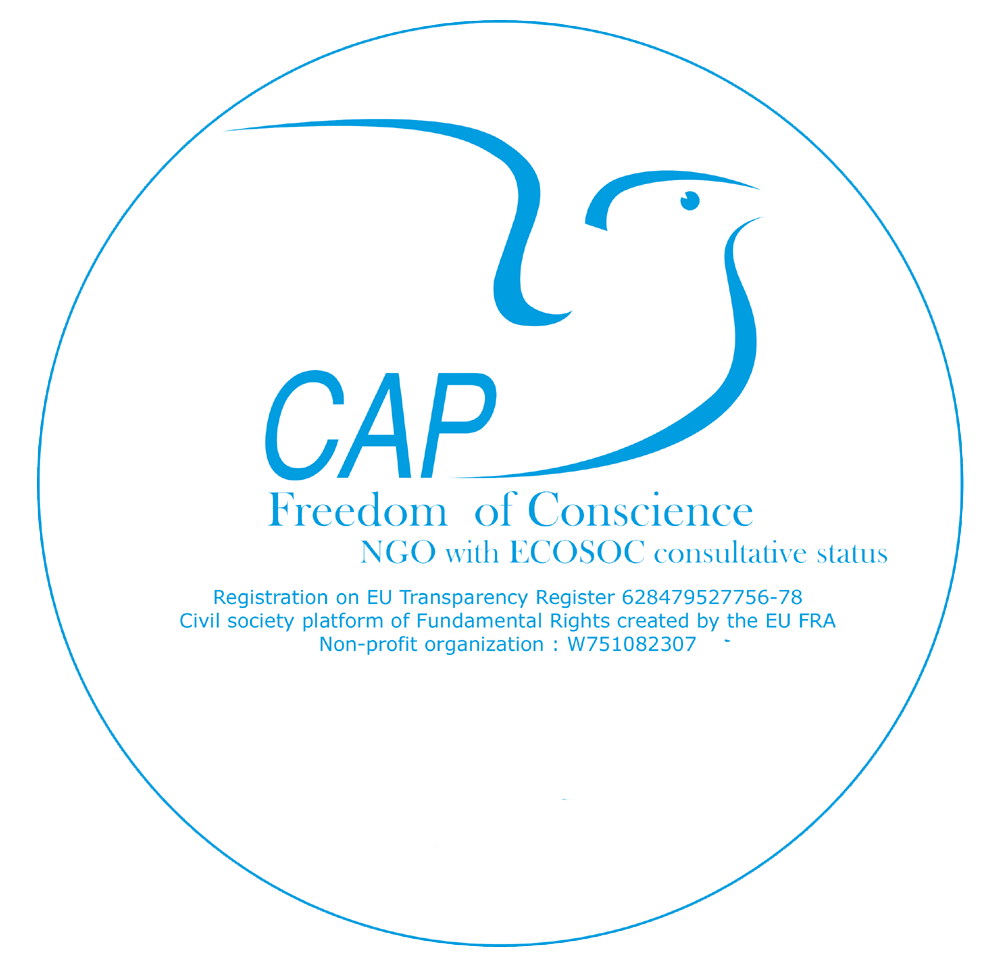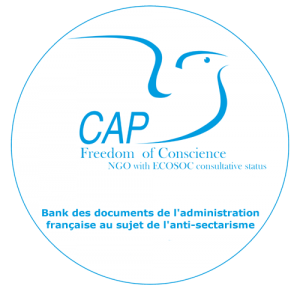The written statement discusses the issue of discrimination against spiritual minorities through the abuse of taxes. It argues that religious and spiritual groups have a right to truth, justice, reparation, and recovery when they have been unjustly discriminated against and persecuted.
The statement provides examples of such discrimination in France and Japan, where groups like the Jehovah’s Witnesses and the Family Federation for World Peace and Unification have faced challenges in maintaining their tax-exempt status.
The main focus of the statement is the case of Tai Ji Men in Taiwan. Tai Ji Men is a menpai (similar to a school) of qigong, martial arts, and self-cultivation. In 1996, Tai Ji Men was accused of fraud and tax evasion, but in 2007 the Supreme Court fully vindicated the group and declared its defendants innocent.






